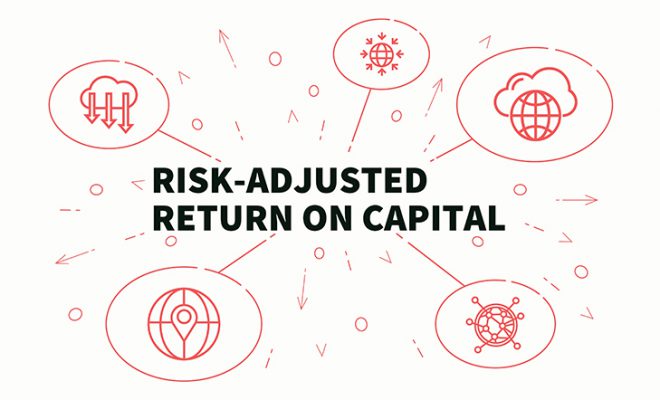Why and When do you need a Financial Advisor?

Just how you have friends to listen to your problems and help you solve them, you have financial advisors to tell you “I am all ears” when you are hit by financial roadblocks. They not only listen to your problems but, much like good friends, help you come out of it. You may feel the need of talking to a friend for various reasons. Let’s look at why and when you would need a financial friend – a financial advisor.
Why do you need a Financial Advisor?
- Financial planning
- Investment Planning
- Tax planning
- Retirement planning
- Estate planning
- Insurance Planning
- Debt Management
A financial advisor can help you with the following:
1. Financial planning
Financial planning refers to the process of creating a plan for managing your finances well and ultimately meeting your financial goals. It involves saving regularly, spending cautiously, writing down goals, investing money and so on. Your financial advisor can help you achieve these with ease. For example, they will tell you how you can curb impulsive buying or spending.
2. Investment Planning
For your money to grow, you must invest it. But not all investments suit your needs. Different investments have a different risk-return profile. They even differ on factors such as exit load, taxation, charges and fees, etc. A financial advisor takes you through the pros and cons of different investments. They even help you invest in tools that best match your needs.
3. Tax planning
As Benjamin Franklin said, “In this world, nothing can be said to be certain except death and taxes”. You cannot avoid taxes, but you can certainly minimise your tax outgo with efficient tax planning. Your financial advisor can help you arrange your finances intelligently to save tax. Their expertise helps you make the most of deductions and exemptions available.
4. Retirement planning
Retirement is said to be the golden period of one’s life. However, for your second innings to be golden, you must prepare for it right from a young age. Retirement planning helps you leverage your youth for ensuring a financially secure old age. Your financial advisor not only motivates you to save for retirement but also helps you identify the right retirement accounts for building your corpus.
5. Estate planning
Under no circumstances, would you want your loved ones to struggle or face any difficulties in your absence. Estate planning plays an important role in ensuring this. It involves making a list of what you own and owe, deciding whether you need a will or a living trust, appointing beneficiaries and so on. Your financial advisor can handhold you through the entire estate planning process.
6. Insurance planning
Much like estate planning, insurance planning is important to ensure your safety and that of your family. A life insurance plan acts as a safety net for your family in your absence. Health insurance, on the other hand, ensures you have financial support during medical emergencies. With a plethora of insurance policies to choose from, you can be spoiled for choice. You may want to settle for the ones offering the lowest premium rates or you may end up buying a small insurance cover. A financial advisor can help you know the downsides of your insurance decision.
7. Debt management
It is said that interest on debts grows without rain. Increasing interest means depleting earnings. Debt management is, thus, important. Working with a financial advisor can help you create a debt profile and also prioritise your debt. Advisors also help you rationalise your spending to avoid debt in the first place.
When can you approach a Financial Advisor?
You now know how a financial advisor can simplify your financial life. Let’s look at a few instances when you would need a financial advisor.
1. When there are major changes in your life
Milestones like engagement, marriage, entering parenthood, etc. change your life – even your financial life. Your financial state, risk appetite, responsibilities, goals, etc. change. You, thus, need to modify your existing plan or devise a new financial plan. While the milestone can take most of your time and attention, you can ensure your financial plan is in line with them, through a financial advisor.
2. When you are too busy to handle your finances
One of the main reasons why people don’t plan their finances is because they believe it is time-consuming and their schedule is too tight to accommodate it. Whether true or not, your financial advisor can ensure that your finances are on track. All you need to do is give them a thorough lowdown of your financial state – your income, expenses, assets, liabilities, financial strengths and weaknesses, etc.
3. When you want a second opinion for your finances
Sometimes it may happen that you have enough time to manage your finances, but you aren’t sure of your financial decisions. You can approach your financial advisor for a second opinion. They can help you view your financial situation from a different perspective. This, in turn, can help you take a well-thought-out decision.
To sum it up
A friend in need is a friend indeed. Be it preparing for a big life change, or needing a second opinion for your finances, help is always at hand, thanks to your financial friend. They can help you stay afloat when financial worries try to drown you in the ocean of stress.
Need someone to talk to about your finances? Approach a financial advisor today! With their expertise and years of experience, they can help you keep financial worries at bay.













